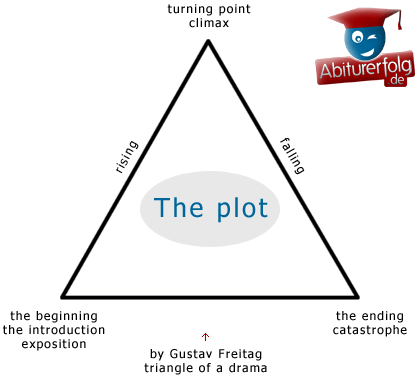

Miller was born in 1915, in New York City. Miller’s subjects, themes, and dramatic mission reflect his life experiences, informed by the Great Depression, which he regarded as a “moral catastrophe,” rivaled, in his view, only by the Civil War in its profound impact on American life. By centering his tragedy on a lower middle-class protagonist-insisting, as he argued in “Tragedy and the Common Man,” that “the common man is as apt a subject for tragedy in its highest sense as kings were”-Miller completed the democratization of drama that had begun in the 19th century while setting the terms for a key debate over dramatic genres that has persisted since Death of a Salesman opened in 1949. Willy Loman has become the contemporary Everyman, prompting widespread identification and sympathy. The drama about the life and death of salesman Willy Loman is both thoroughly local in capturing a particular time and place and universal, one of the most popular and adapted American plays worldwide. Critic Lois Gordon has called it “the major American drama of the 1940s” that “remains unequalled in its brilliant and original fusion of realistic and poetic techniques, its richness of visual and verbal texture, and its wide range of emotional impact.” Miller’s play, perhaps more than any other, established American drama as the decisive arena for addressing the key questions of American identity and social and moral values, while pioneering methods of expression that liberated American theater. A landmark and cornerstone 20th-century drama, Death of a Salesman is crucial in the history of American theater in presenting on stage an archetypal family drama that is simultaneously intimate and representative, social and psychological, realistic and expressionistic. Scott Fitzgerald’s The Great Gatsby is the play’s only rival in American literature in expressing the tragic side of the American myth of success and the ill-fated American dreamers. Along with Eugene O’Neill’s Long Day’s Journey into Night, Miller’s masterpiece forms the defining myth of the American family and the American dream. It can be argued that the Great American Novel-that always elusive imaginative summation of the American experience-became the Great American Drama in Arthur Miller’s Death of a Salesman. Esther Merle Jackson, “ Death of a Salesman: Tragic Myth in the Modern Theatre” For it articulates, in language which can be appreciated by popular audiences, certain new dimensions of the human dilemma. The influence of this drama, first performed in 1949, continues to grow in World Theatre. Perhaps the most significant comment on this play is not its literary achievement, as such, but is, rather, the impact which it has had on spectators, both in America and abroad.

The chief value of this drama is its attempt to reveal those ultimate meanings which are resident in modern experience. Analysis of Arthur Miller’s Death of a SalesmanĪrthur Miller’s Death of a Salesman is, perhaps, to this time, the most mature example of a myth of Contemporary life.


 0 kommentar(er)
0 kommentar(er)
